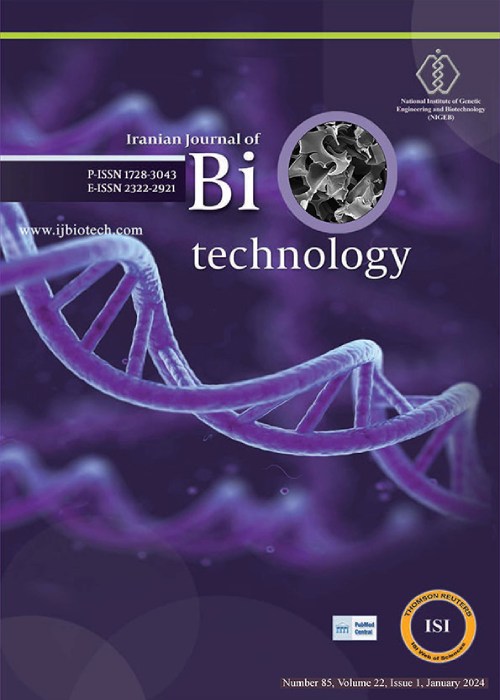Evaluation of Sestrin 2, Adiponectin, AMPK, and mTOR Genes Expression in Acute Myeloid Leukemia Patients
Effective treatment of acute myeloid leukemia (AML) is still controversial, therefore; a comprehensive understanding regarding the impaired cellular signaling pathways in AML can be useful in designing new therapeutic approaches. Among signaling pathways involved in AML, the mammalian target of rapamycin (mTOR) signaling pathway is of particular importance. While dysregulation of mTOR signaling has been reported in a wide range of patients with AML, but most studies have focused on mTOR downstream targets, and mTOR upstream targets have been overlooked.
In this study, expression of mTOR genes and three upstream targets (5' adenosine monophosphate-activated protein kinase (AMPK, adiponectin, and sestrin 2) involved in mTOR signaling was investigated.
In this study, expression of mTOR, AMPK, sestrin 2, and adiponectin genes in 60 patients with AML were evaluated compared to those of 30 healthy individuals as controls using the Real-Time polymerase chain reaction (Real-Time RT-PCR) method.
According to the results, there was a significant difference in the expression of all the studied genes in patients in comparison to the normal control group (P <0.05). Expression of the mTOR gene was increased, while expression of AMPK, sestrin 2, and adiponectin genes was decreased in the patients with AML. Mean expression of the genes (2-ΔCt) (AMPK, sestrin 2, adiponectin, and mTOR) was equal to 7.9, 3.2, 3.74, and 1.49 for controls and 6, 2.1, 2.83, and 2.64 for patients with AML, respectively.
Given the decreased expression levels of sestrin 2, adiponectin, and AMPK genes as tumor inhibitors and the increased expression level of the mTOR gene as an oncogene in the patients with AML in our study, it is thought that disruption of this pathway may be involved in leukemogenesis and can be considered as an effective factor in the progression of cancer.
Adiponectin , AML , AMPK , mTOR , and Sestrin 2
- حق عضویت دریافتی صرف حمایت از نشریات عضو و نگهداری، تکمیل و توسعه مگیران میشود.
- پرداخت حق اشتراک و دانلود مقالات اجازه بازنشر آن در سایر رسانههای چاپی و دیجیتال را به کاربر نمیدهد.


